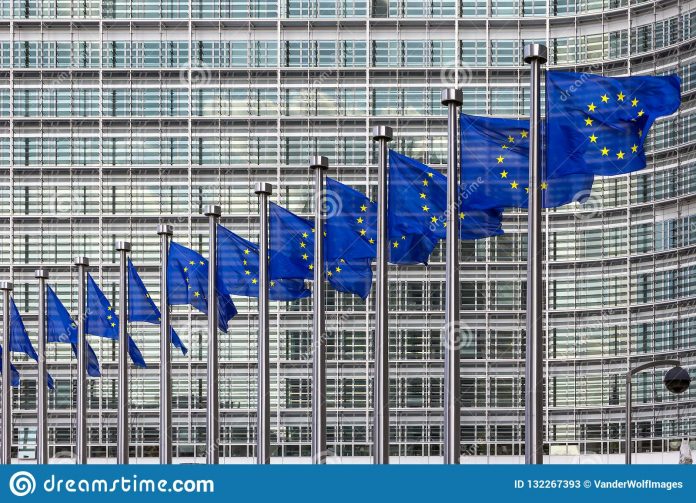| On Monday evening, Parliament and Council reached a provisional agreement on extending the mandate of the European Centre for Disease Prevention and Control (ECDC). |
| To generate timely and comparable data, the ECDC will coordinate the standardisation of data collection procedures, data validation, analysis and dissemination of data at EU level. It will also develop risk assessments and maintain databases for epidemiological surveillance and work towards harmonised approaches to data collection and modelling in order to produce comparable EU-wide data. Enhance cooperation at European and international levelsThe ECDC will cooperate with the European Commission, national authorities and relevant EU bodies and agencies to ensure their respective activities are consistent and complement each other. It will also work in close cooperation with international organisations in the field of public health, in order to avoid duplication of efforts. In particular, the closer collaboration with the World Health Organisation (WHO) will include areas such as monitoring and reporting on trends in communicable diseases and exchanging information on unusual epidemic phenomena or new communicable diseases of unknown origin, including those in third countries. The Centre will also:- establish an EU Health Task Force of experts to assist with preparedness and response planning as well as with local response to outbreaks, in coordination with the European Union Civil Protection Mechanism and other international mechanisms;- monitor the capacity of national health systems to detect, prevent, respond to and recover from communicable disease outbreaks, identify gaps and provide science-based recommendations;- organise visits to the member states to provide additional support to the national preparedness and response planning activities;- ensure that experts and stakeholders, including civil society organisations, contribute to its advisory work;- provide technical and scientific assistance to national authorities to develop their capacity to detect and sequence the genomes of infectious agents;- monitor the uptake of vaccination against major communicable diseases across the EU, taking into account the specificities of national and regional vaccination schedules;- facilitate fighting against misinformation on vaccination and the causes of vaccine hesitancy. |










